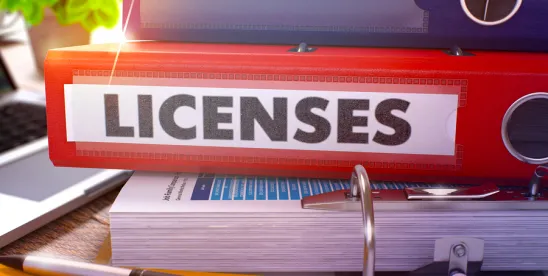Be careful when you sell intellectual property (“IP”) in return for future royalty payments. You may think your contract is airtight, guaranteeing you a future annuity on the sales of product relating to your IP, but that might not be the case if your buyer files for bankruptcy.
Your buyer may be in great financial shape now, but that could change. If you are expecting royalty payments for a length of time, you need to expect the possibility that the buyer could encounter financial distress sometime in the future and that such distress could jeopardize your future royalty payments. It all depends on how you structure the transaction.
In a decision handed down by the Third Circuit this April, an IP seller had its 8 figure annual royalty payment stream1 turned into a paltry unsecured claim. The sale transaction involved the sale of drug for an up-front payment plus future royalties. All went fine until the buyer filed for bankruptcy approximately 20 years later. See In re Mallinckrodt PLC, 99 F. 4th 617 (3d Cir. 2024). In finding against the seller, the Court of Appeals held:
Creditors take on risks. When a debtor goes bankrupt, those risks can become reality. Years ago, Sanofi sold its rights in a drug to Mallinckrodt in exchange for $100,000 plus a perpetual annual royalty. Though the drug was a hit, Mallinckrodt filed for bankruptcy and tried to turn Sanofi's right to royalties into an unsecured claim. That right is contingent and unliquidated. Yet under the Bankruptcy Code, it is still a claim. And because that claim arose when the parties signed the drug-rights contract, it can be discharged in bankruptcy.
Although the seller was on the losing side of the decision, the court did offer some useful advice as to how to avoid such a situation in a future transaction – advice that we convey here.
- Rather than an outright sale, one could license the rights to the IP. In such an instance, a buyer’s subsequent bankruptcy would not permit the buyer to sell the IP without seller consent and would not reduce the seller’s claim to an unsecured claim but would instead allow the seller’s royalty rights to continue.
- Alternatively, a seller could require that it be provided with a security interest to secure the future royalty stream.2 As a secured creditor, the seller would be entitled to a significantly greater recovery than an unsecured creditor and the IP could not likely be sold without satisfaction of the seller’s claim or its consent.
- Lastly, the seller could establish a joint venture where the buyer and seller are joint owners of the IP. By not selling its rights outright, the seller’s royalty rights would be preserved.
1 The seller was entitled to 1% of all net sales over $10 million. As annual sales had reached nearly $1 billion in the year prior to the bankruptcy, the royalty payment was significant.
2 In Mallinckrodt, the buyer provided the seller with a security interest in the intellectual property to secure the $100,000 up-front consideration, but not to secure the royalty amounts.




 />i
/>i
